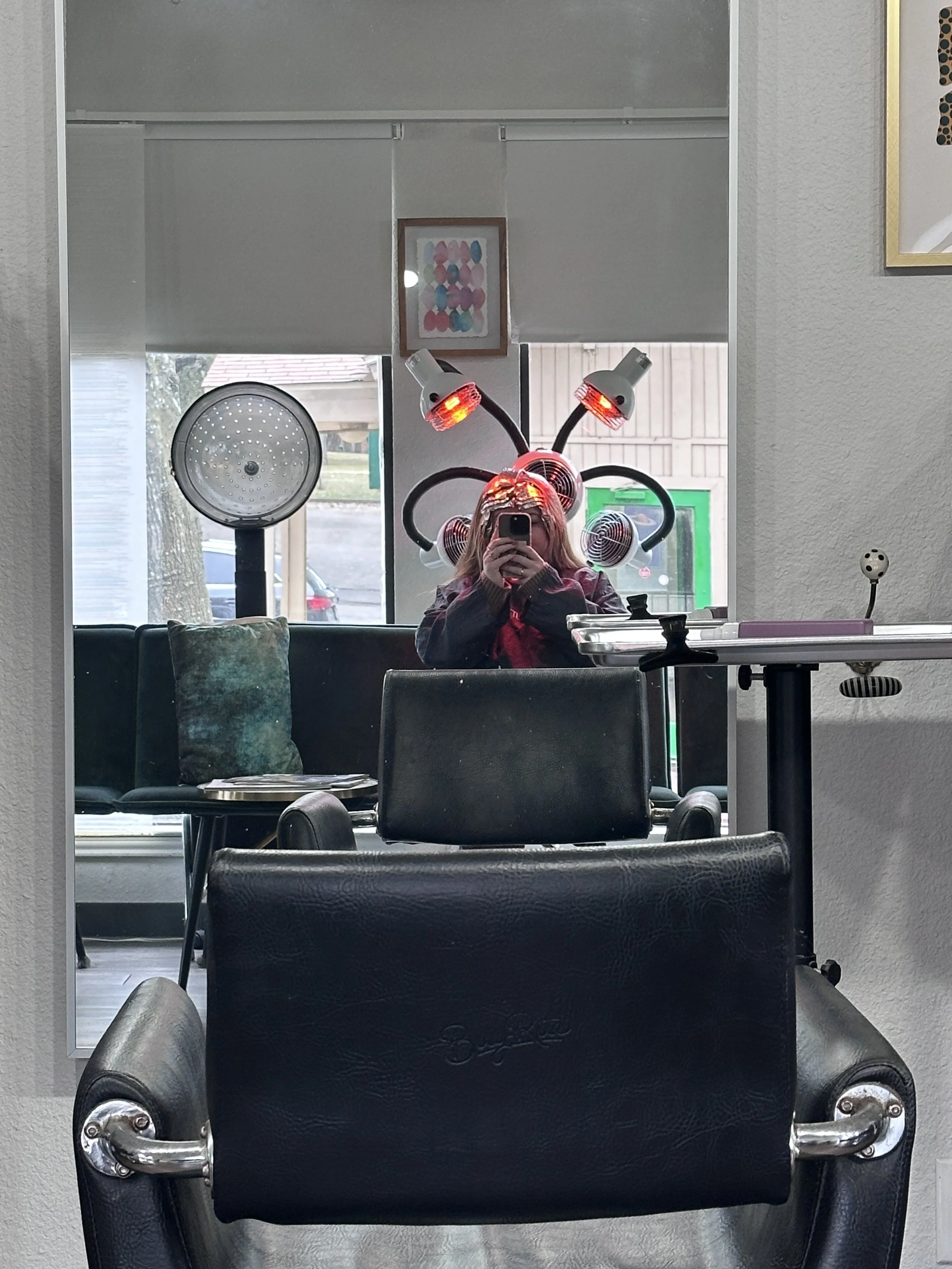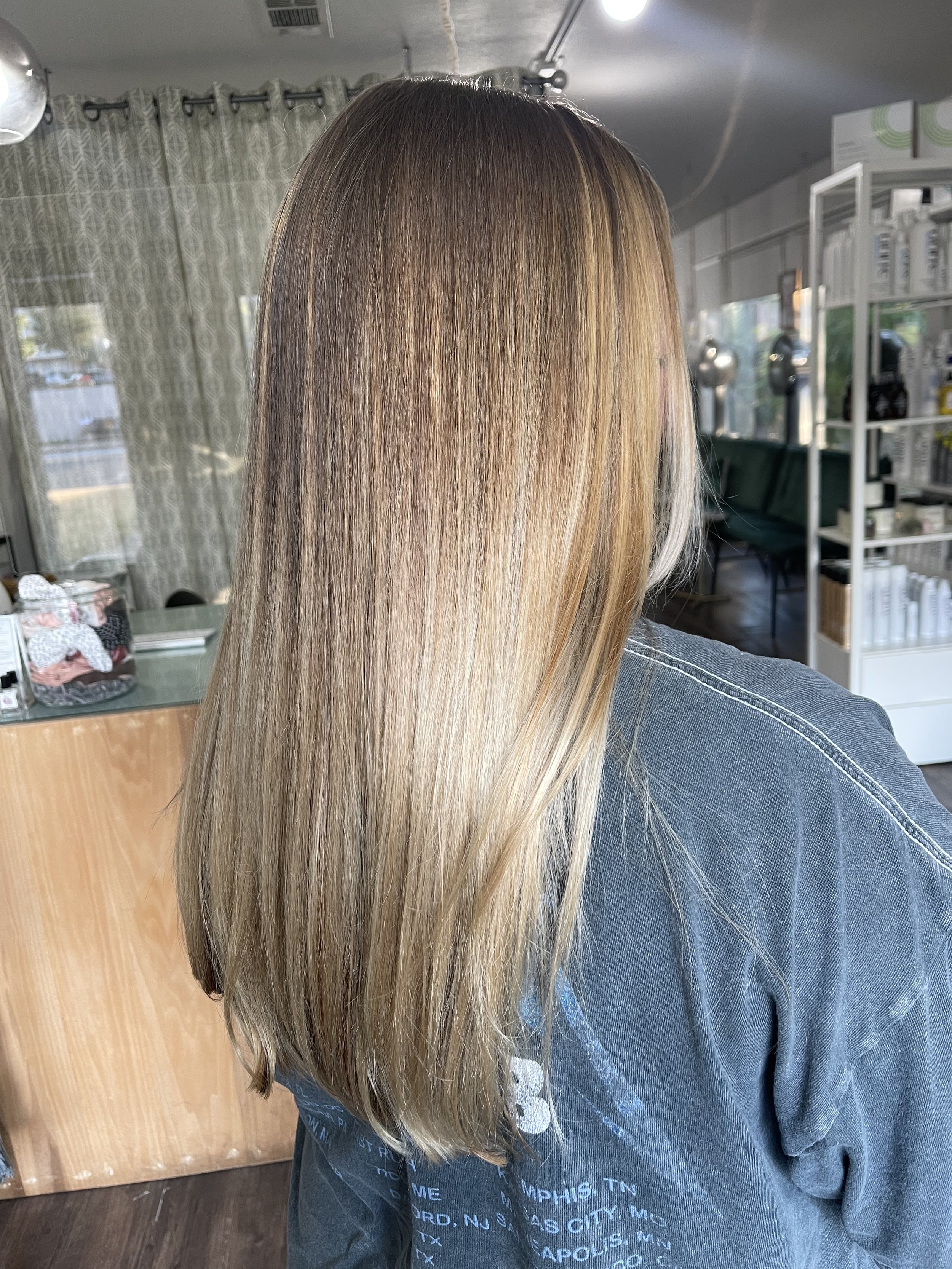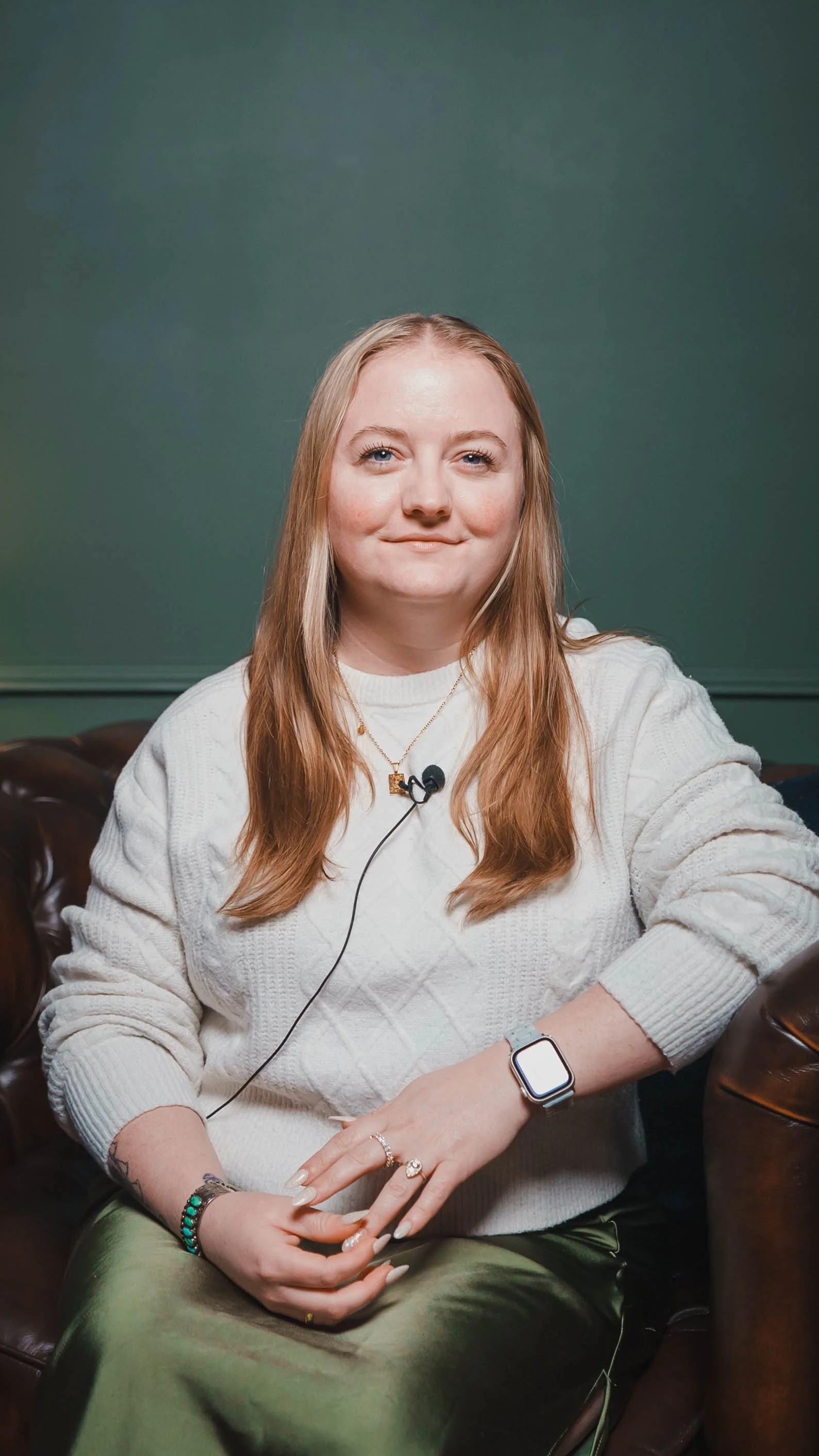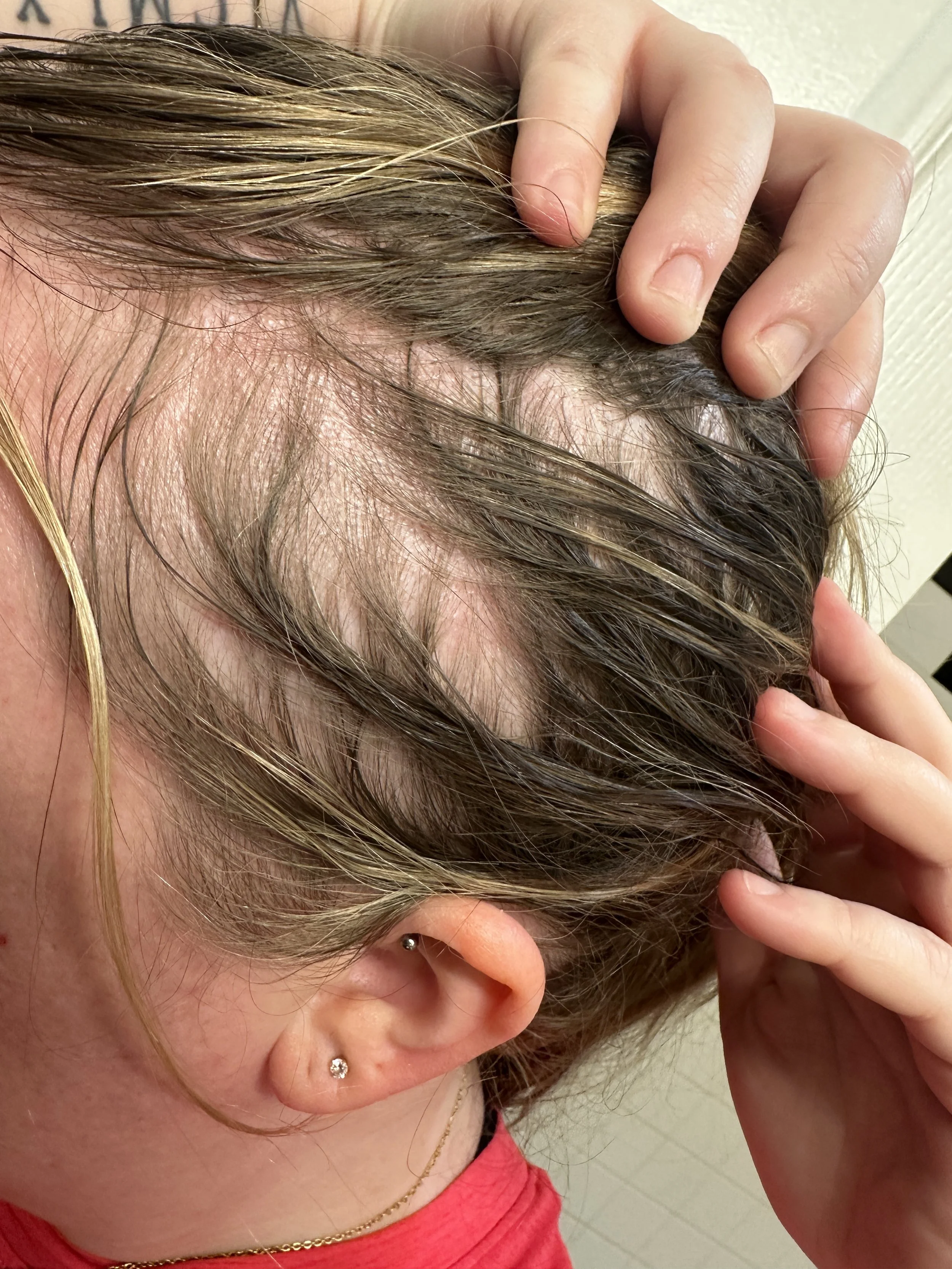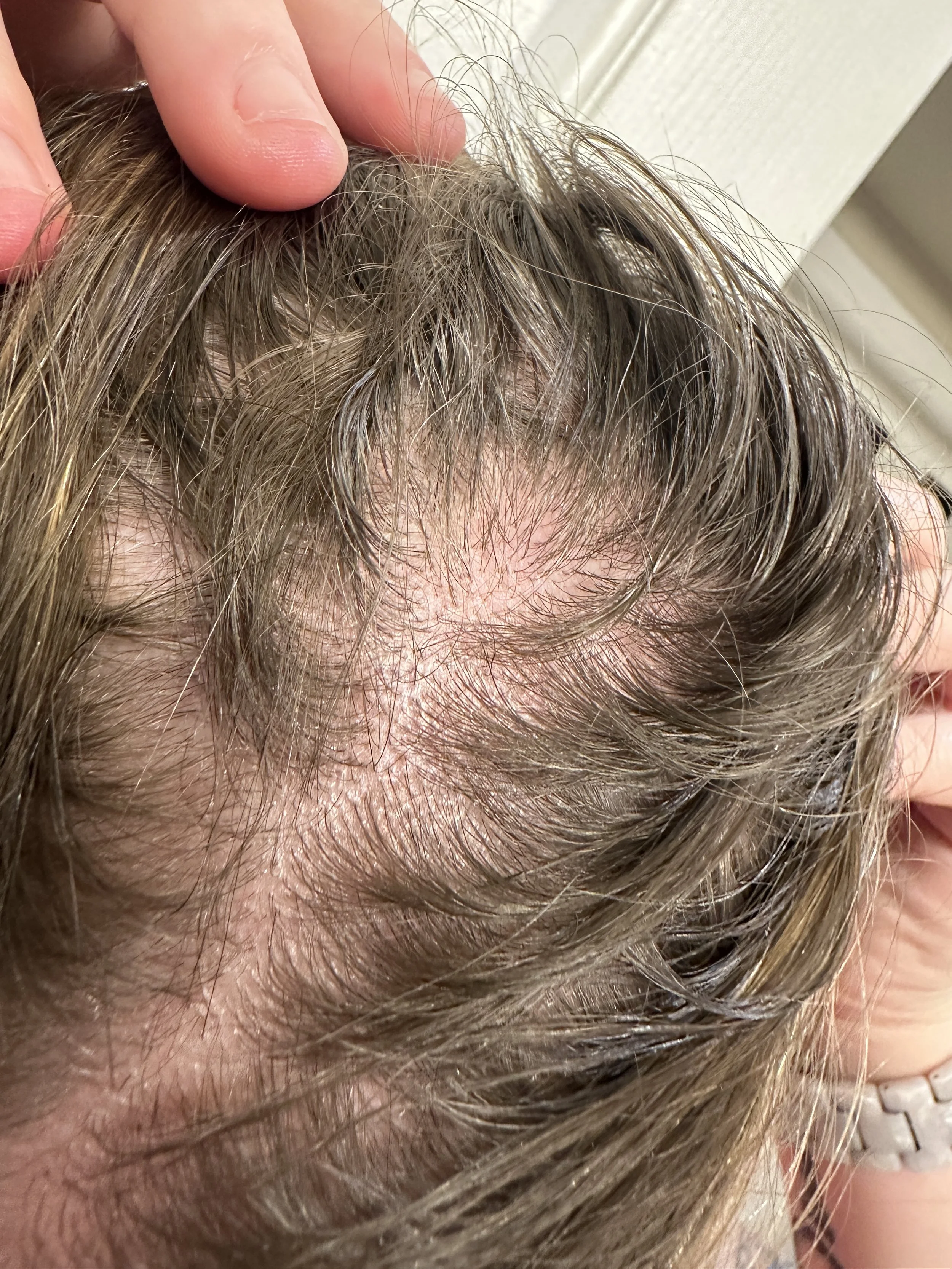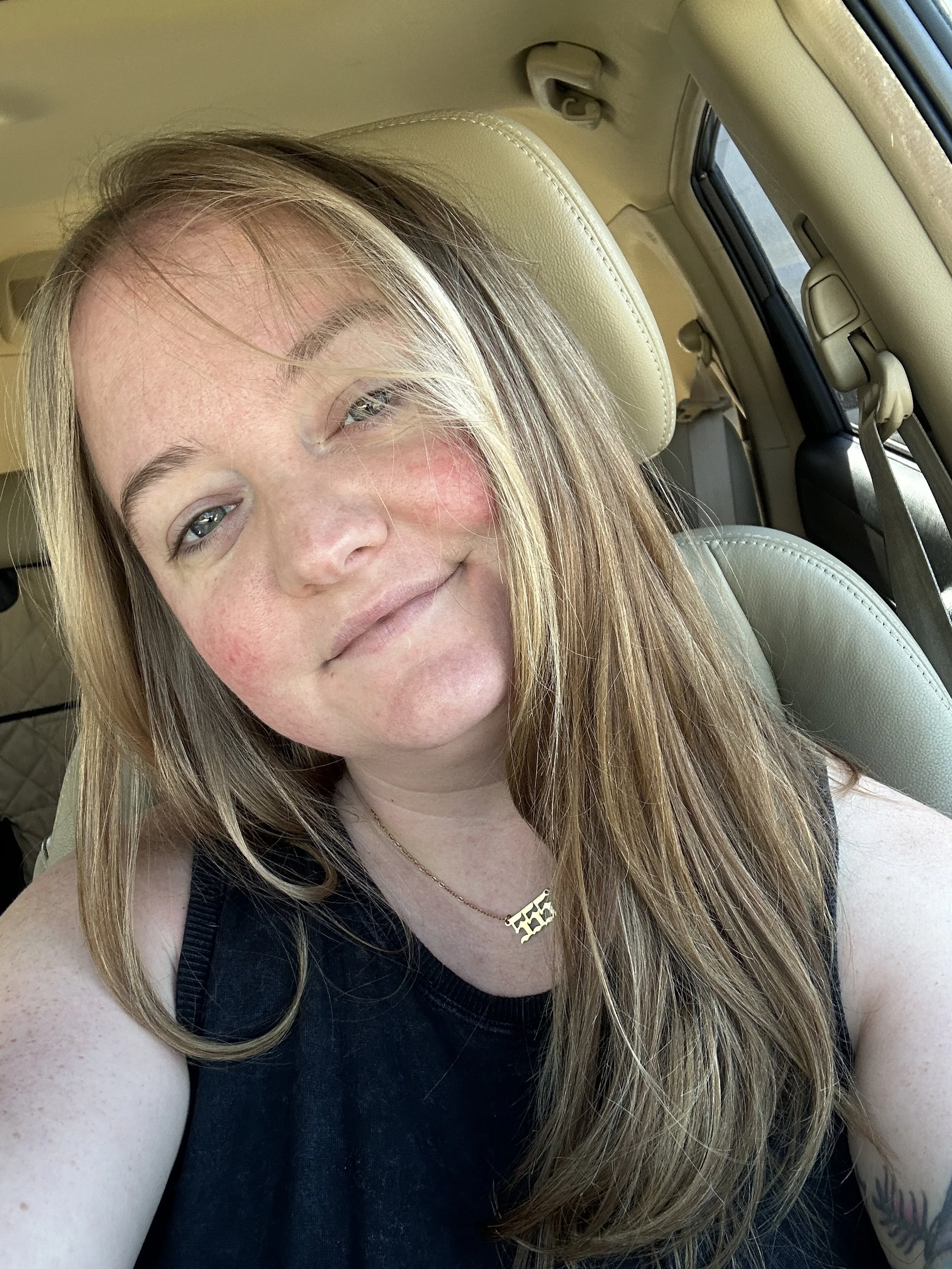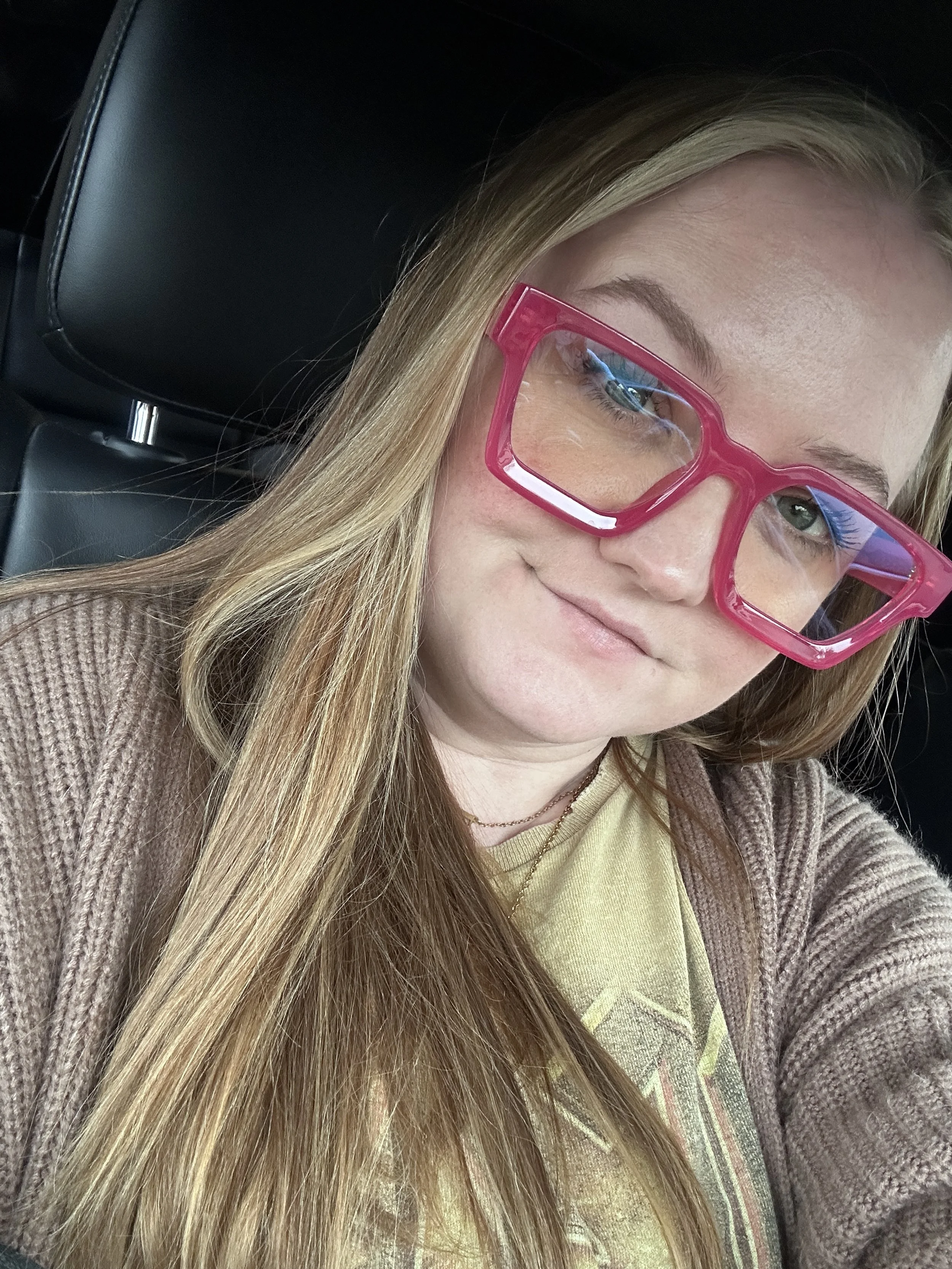5 hair tips I learned while managing a hair salon
You’d be amazed at how much people are willing to spend on their hair. What’s ironic is that they spend tons of money every month to visit the salon but often don’t maintain healthy hair habits—so they feel the need to come in for frequent touch-ups.
I have thin but dense hair and have always struggled with an oily scalp, split ends, and my hair not holding a style. In recent years, I’ve also dealt with hair fall, dandruff, and scalp itchiness.
Here are some basic tips I learned while working at the front desk of a salon:
1. Do NOT Go to Bed with Wet Hair (For the Love of All Things Holy).
Going to bed with wet hair doesn’t just mean gross pillowcases—it’s also terrible for your scalp. Sleeping with wet hair creates the perfect breeding ground for fungi and bacteria—both on your pillowcase and on your scalp (chills).
Wet hair overnight can also lead to breakage and scalp issues. Since wet hair is much more fragile, it’s more prone to pulling and damage. Moisture on the scalp can contribute to dandruff, irritation, and even infections (I’ll let you Google that one).
So, save yourself the grossness. Either shampoo and blow-dry at night or shampoo in the morning and air-dry/blow-dry—whatever works for you.
2. Dry Shampoo Works Best When Applied the Night Before.
This is one of the biggest hair hacks I’ve ever discovered. I used to apply so much dry shampoo that my scalp looked white and powdery—but within hours, my hair would be oily again.
Then, my hairstylist told me to apply dry shampoo overnight instead. This gives it hours to absorb excess oil rather than trying to work on the spot.
How to apply it correctly:
✔️ Don’t rub it in immediately. Instead, flip your part to each side and spray near the crown.
✔️ Apply a bit at the back of your head (my oiliest spot!).
✔️ Secure your hair with a satin scrunchie, SleepyTie, or overnight curlers.
✔️ Wake up, shake it out, and enjoy fresh, voluminous hair—no shower needed.
3. Hair Vitamins Really Are Necessary.
Whether you take a specialty hair supplement or a mix of individual vitamins, it’s important to nourish your hair from the inside out.
I personally recommend Nutrafol—it has been a game changer for my hair health. Before I started taking it, I was struggling with severe hair fall and breakage. After only three (3!!!) months, my hair is growing faster, thicker, and stronger. I even have 2-3 inches of new growth all over my scalp! Yes, it’s expensive. Yes, it’s worth it.
If you prefer individual vitamins, focus on:
✔️ Biotin – Supports keratin production.
✔️ Vitamin D – Essential for follicle health.
✔️ Folic Acid – Helps with cell turnover and growth.
✔️ Collagen – Strengthens hair and improves elasticity.
Reminder: I am not a doctor (neither is your hairstylist). Always check with your physician before taking any new supplements! If you're experiencing serious scalp or hair issues, seeing a dermatologist is a great idea.
4. Double Shampooing Is a Game Changer.
Double shampooing is exactly what it sounds like:
1️⃣ Shampoo your hair. Rinse.
2️⃣ Shampoo again. Rinse.
I used to ignore the “lather, rinse, repeat” instructions on shampoo bottles—but it turns out, they actually mean something.
The first shampoo removes dirt, oil, and product buildup. The second shampoo actually cleanses your scalp and hair shafts, allowing your conditioner and styling products to absorb more effectively.
Since incorporating double shampooing into my routine, my hair feels cleaner for longer, and my blowouts and styling last twice as long.
5. If You Air-Dry and Have an Oily Scalp—It’s Time to Blow-Dry.
I know. I didn’t want to hear it either.
But blow-drying has completely transformed my hair and scalp health. I used to let my hair air-dry, but now I blow-dry every time I wash it (2-3x per week). I typically shampoo and blow-dry at night, then use my SleepyTie to wake up with bouncy, styled hair.
Here’s why blow-drying helps:
✔️ It helps your scalp maintain the right moisture balance.
✔️ It prevents bacteria and fungus from growing on a damp scalp (ew).
✔️ It reduces oiliness. My stylist explained that air-drying with wet, heavy hair can actually pull at the scalp, increasing oil production and putting stress on the follicles.
On the rare days that I air-dry (usually when I’m running late), my hair is noticeably oilier by the end of the daycompared to when I blow-dry.
Final Thoughts: Oh, and Use a Heat Protectant.
I didn’t feel like I needed to say this, but please use a heat protectant. Your hair will thank you.
Also, let me remind you that I am not a licensed cosmetologist, but I’ve worked with stylists for over 13 years and picked up a lot along the way.
Do with this information what you will—and let me know what works for your hair!
